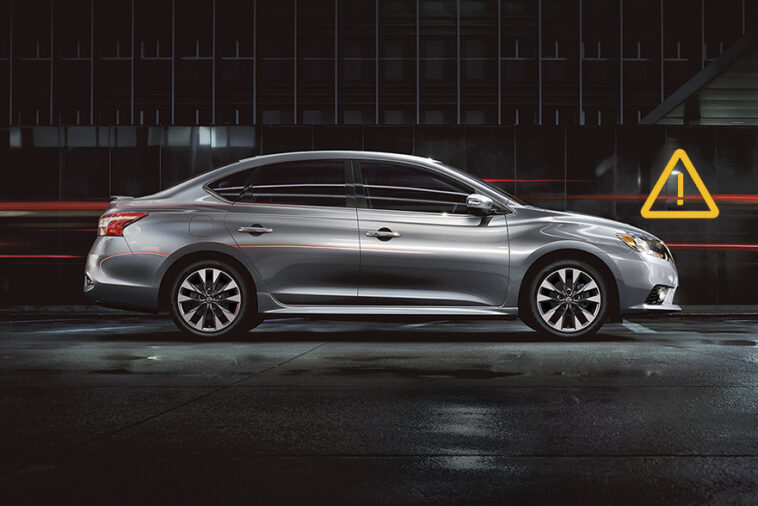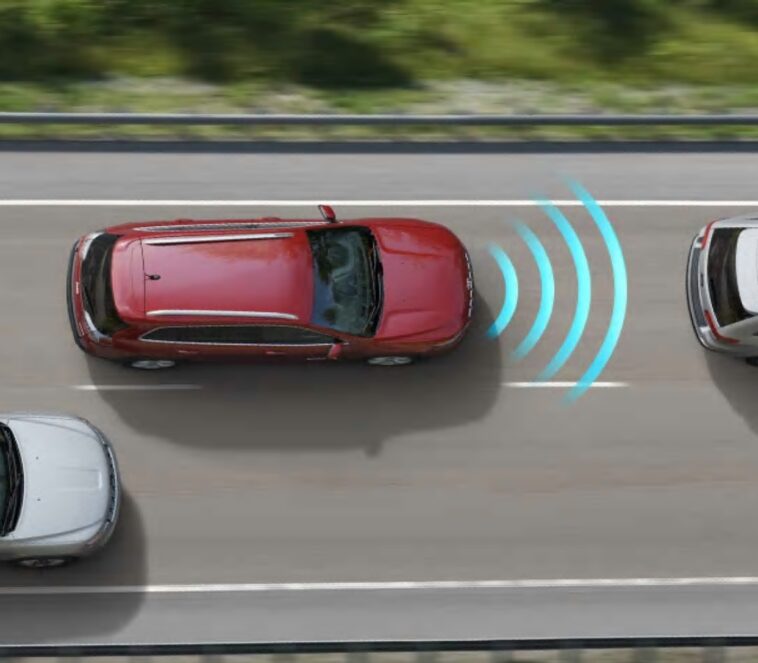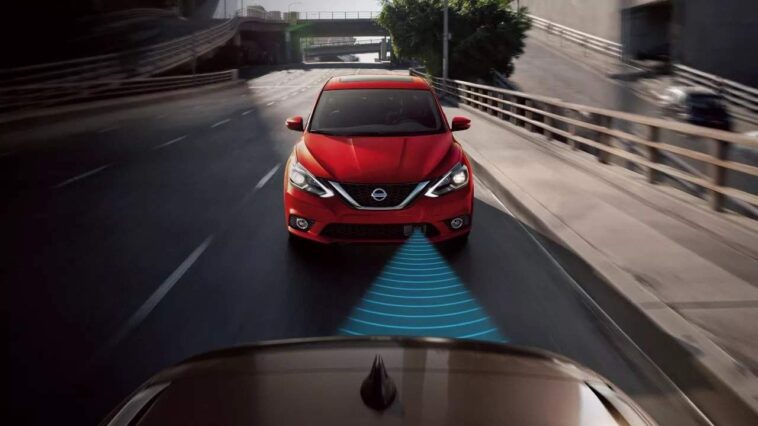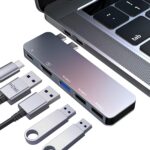The Nissan Autonomous Emergency Braking (AEB) and Forward Collision Warning (FCW) System was designed to help mitigate the incidence of road accidents. This system utilizes sensors and camera technology to detect potential hazards and trigger braking when necessary.
This system is highly beneficial for drivers who often drive on long-distance journeys, as it has the potential to reduce fatigue due to its automated support functions which allow drivers to remain alert at all times even during long trips. In addition, during rainy weather or foggy conditions, or during darkness, the autonomous features of this system become even more efficient as they would be able to trigger automatic braking even when the driver fails to do so in due time.

The Nissan lemon law covers cars and trucks made by the company within a period of two years or 24,000 miles. It protects consumers who purchased vehicles that have numerous defects in their design and/or manufacturing. Under the lemon law, if a consumer can prove that their car or truck has had several attempts at repair during the warranty period without success, they may be eligible for a reimbursement or replacement vehicle from Nissan.
In order to determine if you qualify for the lemon law, it is important to understand what qualifies as an issue under the warranty. You can do so by hiring an experienced attorney at Quill & Arrow Law LLC. An issue with Nissan’s AEB/FCW System requirements will be covered by this protection program as long as it meets all other standards of eligibility under the law. To be eligible, you must have had four or more unsuccessful diagnostic or repair attempts within 30 days, one of which must include attempting to fix an issue with the AEB/FCW system, prior to filing your claim.
The defective part covered by this warranty includes any component related to Nissan’s Automatic Emergency Braking (AEB) and Forward Collision Warning (FCW) Systems including camera controllers and sensors manufactured on or after April 1st, 2024 until May 31st, 2026 according to Section 97-745-05 of government regulations regarding quality control standards for automotive components commonly referred to as “lemon law” legislation in many states.
Common Causes of Problems

Due to the complexity of modern vehicle systems, it can be difficult to pinpoint the exact cause of Nissan AEB/FCW System problems. However, some common causes of this system malfunctions include:
- Component malfunctions – The various sensors, cameras, and other components that make up the Nissan AEB/FCW System could become faulty due to wear and tear. This could lead to inaccurate readings or failure of the system itself which may prevent it from functioning correctly.
- Poor vehicle maintenance – Poor performance due to a lack of regular maintenance such as oil changes, tire rotation, and brake checks is another common cause of Nissan AEB/FCW System problems.
- Software glitches – Updates in software could lead to unexpected errors in the aftermarket systems installed in a vehicle, resulting in losses in functionality or even complete failure of the system.
- Electrical issues – Electrical issues can interfere with the operation of vital automotive components like alternators, starters, and power steering pumps which can cause more serious consequences for the Nissan AEB/FCW System if not addressed quickly.
Conclusion
In summary, if you have experienced Nissan AEB/FCW system problems in 2024 that have not been successfully repaired within a reasonable period of time, then you may be able to exercise your rights under applicable Lemon Law statutes. To ensure that your case is properly prepared and represented before either an international or domestic court, contact an experienced consumer legal attorney specializing in Lemon Law cases today.





